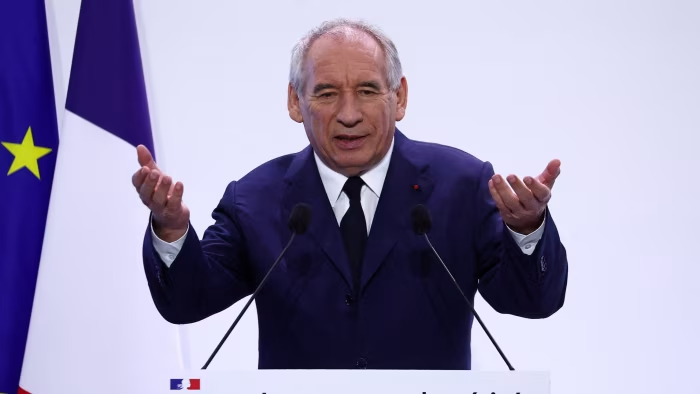Global economy set for weakest growth since Covid, OECD warns

The Organisation for Economic Co-operation and Development (OECD) has issued a stark warning: the global economy is poised for its weakest growth since the COVID-19 pandemic. In its latest Economic Outlook, the OECD projects global GDP growth to slow to 2.9% in both 2025 and 2026, a significant downgrade from previous forecasts and below the 3% threshold maintained since 2020.
Escalating Trade Tensions
A primary factor behind the deceleration is the resurgence of protectionist trade policies, notably the aggressive tariff measures implemented by U.S. President Donald Trump. These policies have raised the effective U.S. import tariff rate to over 15%, the highest since 1938. Such unprecedented increases have disrupted global supply chains, dampened investment, and heightened inflationary pressures.
Inflationary Pressures and Monetary Policy
Persistent inflation remains a concern, with the OECD projecting G20 headline inflation at 3.8% in 2025. In the U.S., inflation is expected to approach 4%, potentially delaying interest rate cuts by the Federal Reserve until at least 2026. This scenario complicates the balancing act for central banks aiming to control inflation without stifling growth.

Regional Economic Impacts
- United States: Growth is forecasted to slow to 1.6% in 2025, down from 2.8% in 2024, largely due to the impact of new tariffs and persistent inflation.
- China: Facing structural challenges and trade headwinds, China’s growth is projected to decline to 4.7% in 2025 and further to 4.4% in 2026.
- Eurozone: The euro area is expected to grow by just 1.0% in 2025, with Germany’s growth forecasted at a mere 0.4%, reflecting weak investment and subdued consumer confidence amid mounting geopolitical and trade risks.
- Spain: Despite the broader European slowdown, Spain is anticipated to maintain relatively robust growth of 2.4% in 2025, driven by private consumption and tourism.
Risks of Economic Fragmentation
The OECD cautions that increasing trade fragmentation could further hinder global growth and elevate inflation. A more fragmented, protectionist trading environment is likely to negatively affect competition, raise prices, and impede productivity and growth.
Policy Recommendations
To mitigate these challenges, the OECD emphasizes:
- Restoring Multilateral Cooperation: Reversing protectionist measures and fostering international agreements to reduce trade barriers are crucial to stimulate investment and offset rising prices.
- Structural Reforms: Implementing reforms to enhance productivity, reduce regulatory burdens, and invest in digital infrastructure can bolster long-term growth prospects.
- Monetary and Fiscal Policies: Central banks should remain vigilant, balancing inflation control with economic growth, while governments need to ensure debt sustainability and reallocate spending towards activities that support longer-term growth.
Conclusion
The OECD’s latest projections underscore a critical juncture for the global economy. Without coordinated policy responses to address trade tensions, inflationary pressures, and structural weaknesses, the world risks entering a prolonged period of subdued growth. Policymakers worldwide must act decisively to navigate these challenges and steer the global economy towards a more resilient and inclusive future.






